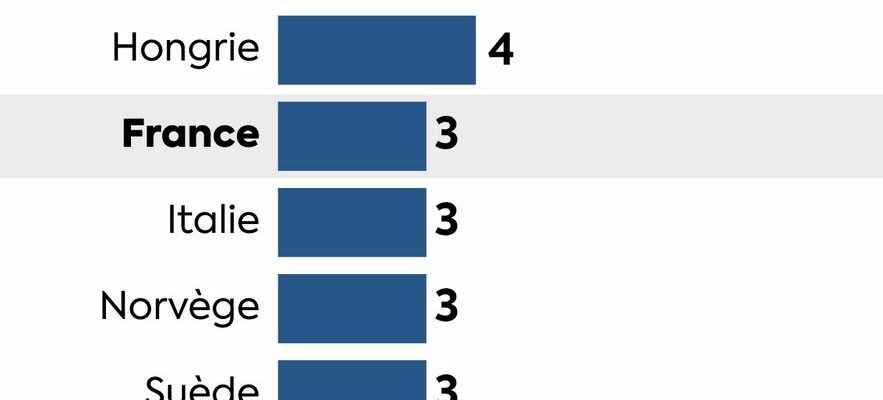Nothing is more unbearable than untimely telephone canvassing. Philippe Chain, co-founder of the start-up Verkor, knows something about it. In recent months, hardly a week has gone by without him being called upon. With the “small” difference that he was not offered the services of a new telephone operator, but turnkey arrangements to come and install his future gigafactory – a giant electric battery factory – across the Atlantic, rather than in Dunkirk in 2025 as planned.
“Since the war in Ukraine caused energy prices to explode in Europe, I have lost count of the number of intermediaries who have contacted us to lure us to the United States or Canada, where energy prices are very low”, says this former Tesla. But the French nugget does not intend to give in to the American sirens. “Obviously the surge in energy concerns us, but on the Dunkirk site, a device will allow us to recover the so-called fatal heat from the surrounding industries. [NDLR : chaleur dégagée par les usines qui normalement se perd dans l’atmosphère]allowing us to cover half of our carbon-free energy needs at a very competitive cost”, says Philippe Chain.
But in the thirties gigafactories which should normally grow on European soil by 2030, very few benefit from such a resilient model. And some leaders are beginning to question themselves out loud. The pioneer Northvolt, which opened its very first factory in Sweden at the end of 2021, has thus hinted that its third site, which it was initially to build in Germany by 2025 with 3,000 jobs, could finally see the day in the United States. Thomas Schäfer, the boss of the Volkswagen brand, was even clearer to him. “If we cannot quickly and reliably reduce energy prices in Germany and Europe […] the creation of value in this area will be located elsewhere”, he hammered in a LinkedIn post. A heavy threat when the Volkswagen group had planned to build six gigafactories on the Old Continent before the end of the decade.
Infographics
© / Dario Ingiusto / L’Express
“A call for help”
Are the games already done? Is Europe doomed to see the majority of its battery factory projects cross the Atlantic, shattering its dreams of strategic sovereignty when new thermal vehicles will be banned from sale from 2035? “It’s no coincidence that several players come out of the woodwork at the same time and threaten to pack up: it’s a cry for help to make Europe react when the United States has decided to massively subsidize their battery industry. electricity, as China has done for the past twenty years”, deciphers a good connoisseur of the sector.
It would indeed be a little hasty to reduce the problem of competitiveness to the sole price of energy on both sides of the Atlantic. “The cost of energy in the manufacture of a battery today is 20 euro cents per kilowatt hour (kWh), which makes us 3.50 euros for an average battery of 70 kWh. Even if the electricity prices in Europe were to double again, this would only affect the margin on the final price”, underlines Eric Kirstetter, senior partner at Roland Berger. For this industry specialist, “the real question is that of the massive subsidies recorded by the American government with the recent adoption of the IRA (Inflation Reduction Act)”. This law, which provides for historic investments to reduce the country’s greenhouse gas emissions, makes it possible to heavily subsidize the manufacture of batteries on American soil. “The subsidy is 35 dollars per kWh, which reduces the total manufacturing cost to 85 dollars per kWh, and makes batteries made in the USA even more competitive than those made in China”, continues the specialist.
The only certainty is that if Europe does not wake up quickly, between an increasingly protectionist America and a China playing by its own rules, its electric battery industry could well be doomed to crash before it even takes off. Will the good European student finally resolve to fight on equal terms with the rest of the world?
